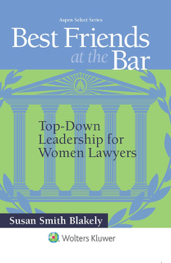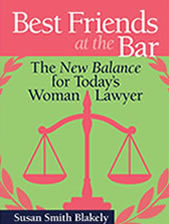Good communication skills are very important to lawyers. We typically think of those skills in terms of good writing skills, good speaking skills, and good advocacy skills. Although those skills are very important and you should strive to perfect them, another very important communication skill is often overlooked. That is the skill of active listening.
Effective communication is about more than expressing thoughts and opinions. It often determines how we receive information and interpret the messages of others, and it is necessary to a deeper understanding of another’s thoughts and demonstrating empathy and building connections.
Active listening is critical in many legal practice settings, from interviewing witnesses to negotiating billion dollar deals. It requires attention to what others are saying — really focused attention — in order to gain information and to develop relationships with the speaker that can benefit you in myriad ways. When you give your full attention to a speaker, you send a message that what is being said is important and worthy of your time.
In a recent article, “Unlock the Power of Active Listening,” the writer, Tomer Rozenberg, suggests that active listening also includes involvement with a speaker without judgment and which goes beyond simply hearing words. Active listening also can improve problem solving, by ensuring that you fully comprehend what you are hearing, and can lead to more effective solutions. And it can cut down on misunderstandings that often are very time consuming.
Recall how annoying it is to be in a conversation with X, who is not listening and is concentrated on other things and other people. X is scanning the room over your shoulder, clearly not engaged with you, and likely anticipating a next conversation before completing the conversation with you. Chances are that you form harsh opinions about X, the kind of opinions that you would not want others to form about you.
To avoid that result and develop active listening skills, start your conversations by maintaining eye contact, avoiding interruptions, and responding by paraphrasing what has been said. An occasional nod or favorable facial expression also can go a long way toward achieving active listening. My guess is that you are an active listener in conversations with your supervisor or manager because you think your job depends on it. And you may be right about that. Most managers and supervisors do not relish repeating themselves because someone is not listening.
Practice active listening in your personal life and move on to conversations in your professional life. Active listening has no downsides and can be very important for career success and satisfaction. And don’t you want to use all of the skills available to you to achieve those objectives?













